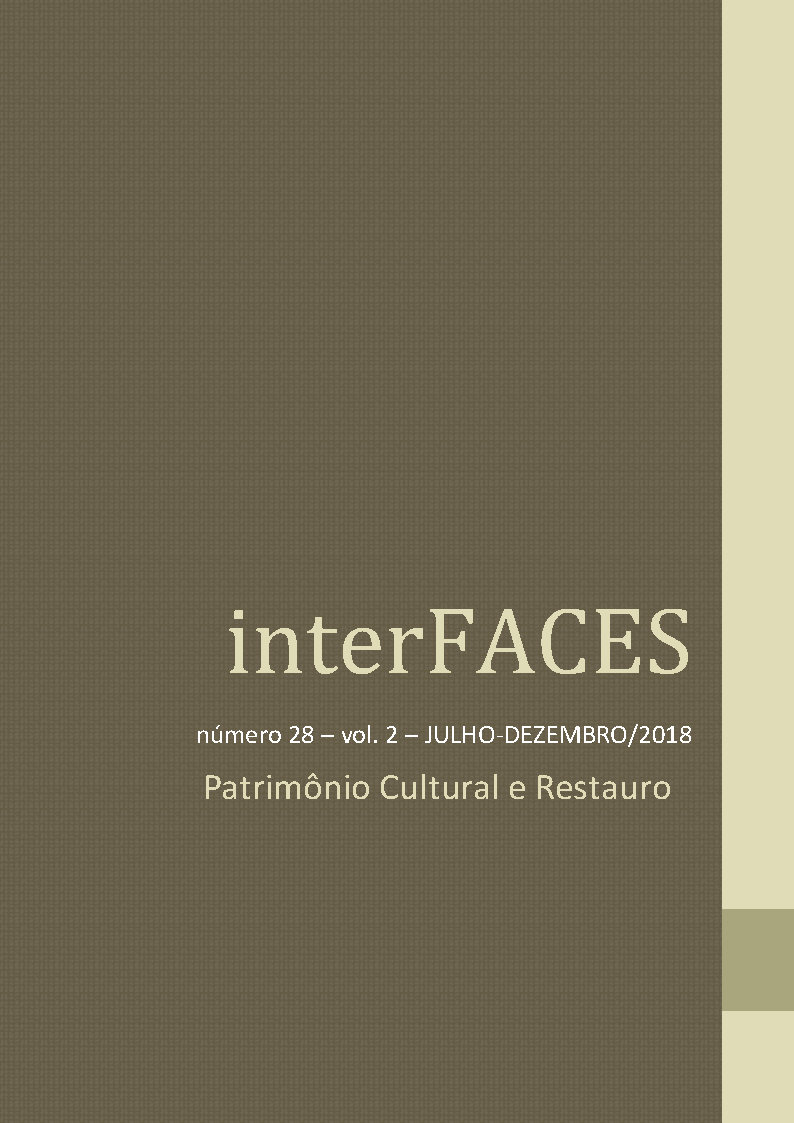Apropriação da Praça Central de Tegucigalpa, Honduras
Palavras-chave:
Apropriação do espaço, Valores, Transformação, Exclusão, Espaço público patrimonialResumo
O artigo investiga o uso e a apropriação dos espaços públicos como um dos aspectos fundamentais a serem considerados em estudo dedicado ao entendimento da vida cotidiana das cidades. Para tanto, adota como objeto concreto de pesquisa – estudo de caso – a Praça Central de Tegucigalpa, Honduras, espaço de alto valor patrimonial. Este é abordado a partir de método qualitativo, buscando entender e explicar os diferentes tipos de apropriação. O procedimento metodológico, coleta de opiniões por meio de questionários aplicados junto a usuários da praça central, segue parâmetros de apropriação propostos por Enric Pol (1996, 2006). Dentre estes, a relevância da condição histórica do espaço público, tendo em vista o adensamento de valores simbólicos, políticos e sociais, amalgamados pelas transformações e experiências desenvolvidas no espaço por indivíduos e grupos sociais; marcas no espaço, geradoras de integração e representativas de identidade. Na Praça Central de Tegucigalpa, historicamente, a ação de apropriação é determinada pelo caráter elitista de seu uso e apropriação por atores de classes de poder hegemônico, e consequente ausência de diversidade de usos e usuários. Como resultado, verifica-se restrita apropriação do espaço por parte da maioria da população residente, e seus reflexos na dificuldade de construção de laços sociais diversificados e heterogêneos. Em conjunto, este quadro expressa restrita democracia na vida social da cidade de Tegucigalpa, identificável em processos de transformação dos espaços públicos patrimoniais exclusivamente orientados para um excludente conforto urbano.
Downloads
Downloads
Publicado
Edição
Seção
Licença

Este trabalho está licenciado sob uma licença Creative Commons Attribution 4.0 International License. O envio dos trabalhos implica a cessão sem ônus dos direitos de publicação, inclusive em versão eletrônica online. Todos os diretos provenientes da venda da revista ficam cedidos à Revista InterFACES. A republicação dos trabalhos deve mencionar a publicação original em Revista InterFACES.


